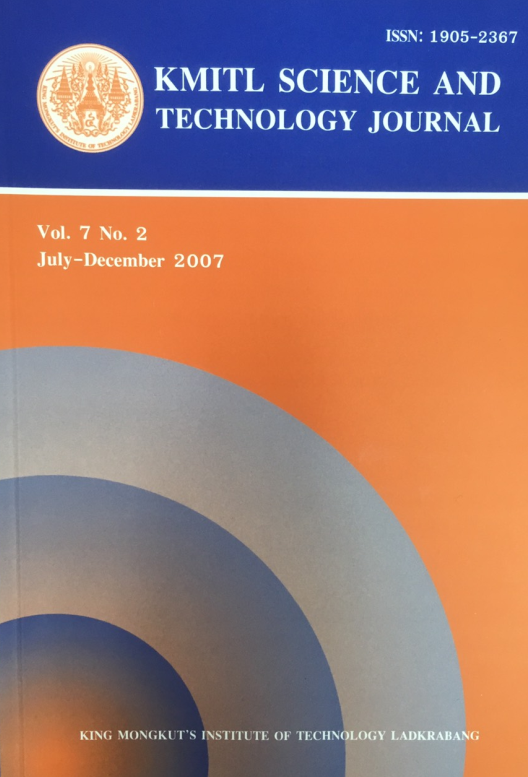Tofu (soybean curd) and its derivatives are not only the principal protein component of meals for Asians and vegetarians but are also a popular side dish for Westerners because it is a good source of proteins. However, consumption of tofu may now have a perceived risk because the tofu may be contaminated with transgenic elements such as the cauliflower mosaic virus (CaMV) 35S promoter, EPSPS (5-enolpyruvylshikimate-3-phosphate synthase) and the nopalin synthase (nos) terminator. Although no evidence has been found for an effect of the contaminated elements in tofu on human health, and food processing degrades the DNA, consumers still worry. So, to relieve apprehension of the consumers, tofu from markets in Bangkok and the vicinity at Bangkok were randomly sampled and examined for the transgenes by PCR. Genetically modified soybeans were also analyzed to study the effect of processing steps on degradation of EPSPS during the process of tofu making. During tofu processing, samples were taken from each step to analyse for the quantity of EPSPS by PCR-ELISA. Results indicate 3 out of 106 samples (ca. 2.8%) were contaminated with CaMV 35S promoter, nos terminator DNA fragments and EPSPS. In addition, EPSPS content in tofu prepared from GM soybeans was not affected by the tofu making process.
Keywords: Tofu, transgenes, EPSPS, tofu processing step
Corresponding author: E-mail: wongwath@alpha.tu.ac.th
Wongwathanarat*, P. ., & Wongwathanarat, K. . (2007). GENETICALLY MODIFIED SOY IN LOCAL TOFU: EFFECT OF TOFU PREPARATION ON TRANSGENIC ELEMENT EPSPS (5-ENOLPYRUVYLSHIKIMATE-3-PHOSPHATE SYNTHASE). Current Applied Science and Technology, 67-76.

https://cast.kmitl.ac.th/articles/86645